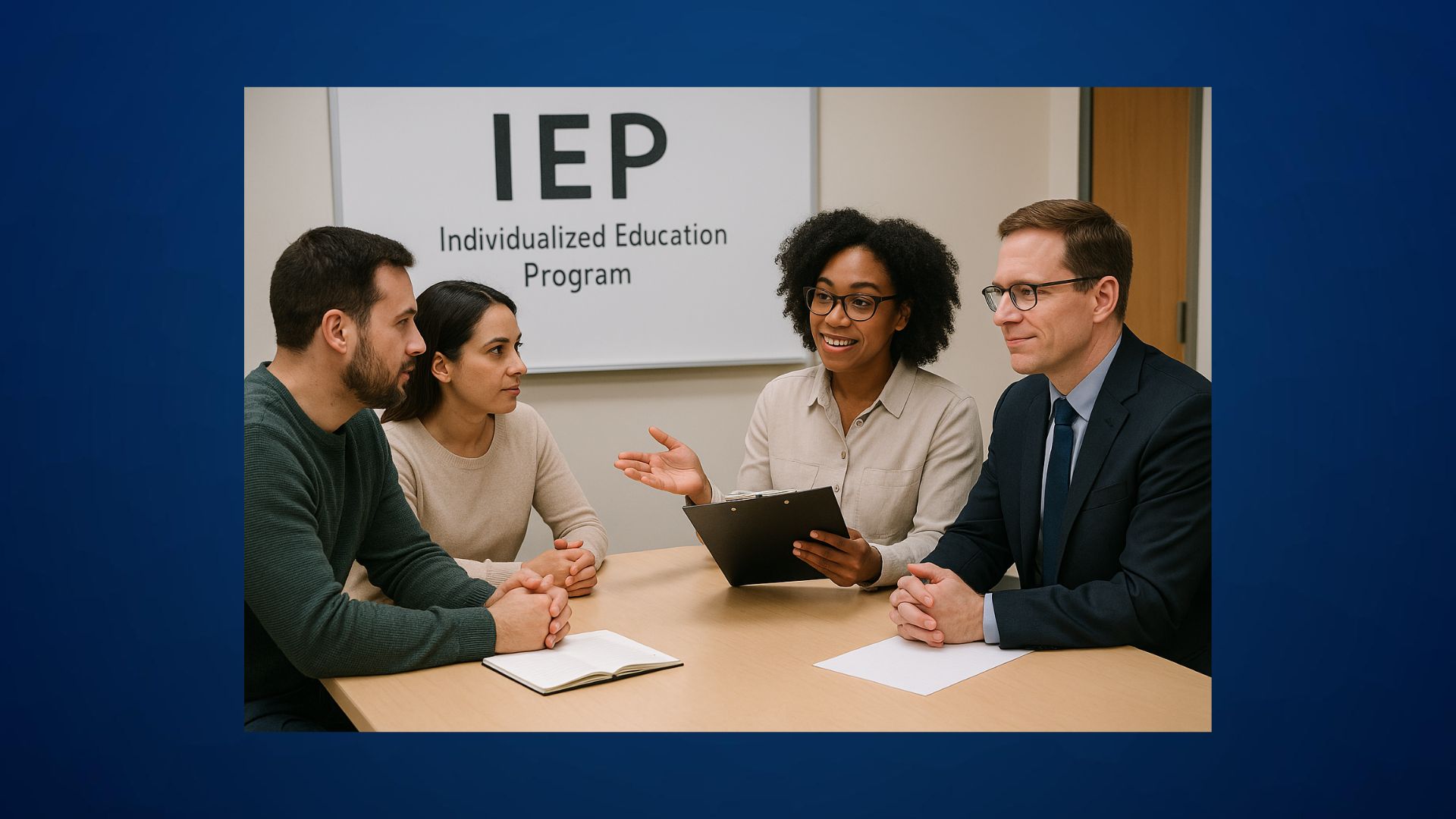Navigating the educational system for children with special needs can be overwhelming, especially during Individualized Education Program (IEP) meetings. Mandated by the Individuals with Disabilities Education Act (IDEA), these meetings are meant to develop personalized educational plans that address each child’s specific needs.
Instead of feeling empowered, many parents feel lost amid the complexities of policies and legal jargon, creating a stressful environment. This is where special education advocates step in, offering guidance and support, although their role is often misunderstood, and some advocates overstep their bounds.
Special education advocates need backgrounds in education, psychology, or special education. Their expertise can be invaluable, helping parents understand the IEP process and making sure schools meet their children’s specific needs. However, the success of advocates depends on mutual understanding and teamwork. Parents need to carefully choose advocates, as their knowledge can clarify things and reduce confusion in these crucial meetings.
To create a more productive environment, school districts should implement policies requiring parents to notify schools at least 48 hours in advance if they plan to bring an advocate to support their child. This gives schools time to prepare appropriately, possibly involving a staff attorney or other relevant personnel to support constructive interactions. Such measures can help keep the focus on the child’s best interests, rather than allowing discussions to turn into unnecessary conflicts.
While advocates are essential allies for parents, they must navigate the delicate balance between assertiveness and confrontation. When advocates adopt an aggressive approach, the atmosphere can shift from one of collaboration to one of conflict, thereby undermining the primary goal of guiding a child’s educational journey. Clear legal boundaries and ethical guidelines established by school districts are crucial in helping ensure discussions remain productive and focused on the child’s needs.
Importantly, advocates should remember their specific roles and responsibilities. They are not licensed attorneys and should refrain from providing legal advice, representing clients in court, or drafting legal documents. Overstepping these boundaries can hinder communication and limit access to essential services. The relationship between advocates and school representatives should be seen as a partnership focused on promoting learning and supporting children’s development.
To prepare for IEP meetings, parents can consult with qualified advocates and establish clear agendas that focus on their child’s specific needs. Advocates should work closely with parents, clearly explain the process, and maintain a positive tone throughout the meeting. This teamwork not only enhances communication but also helps parents feel more confident in advocating for their children.
Throughout the IEP process, advocates can play a crucial role by reviewing documents, analyzing assessments, and explaining available services. They can help clarify jargon, suggest personalized accommodations, and record discussions, ensuring a focus on the child’s best interests. Under IDEA, parents have the right to bring individuals with “knowledge or special expertise” to IEP meetings. Although it’s not legally required to notify the school beforehand, doing so is a courteous gesture that can promote smoother interactions.
Advocates excel at early intervention, identifying potential issues before they escalate into legal disputes. However, if an advocate exceeds their authority, parents should seek advice from legal experts. Consulting a special education attorney can provide additional support and clarity.
Choosing the right advocate is crucial. Parents should inquire about an advocate’s experience with schools, their ability to communicate clearly, and their overall approach to working with schools. Preparing together, sharing key documents, and practicing potential scenarios can lead to more productive discussions. Setting clear expectations and fostering collaboration are essential parts of a successful IEP meeting.
Understanding the roles and boundaries of special education advocates is essential for effectively navigating the IEP process. While advocates can greatly assist parents in ensuring their children’s needs are addressed, assertiveness should not lead to conflict. Both school districts and parents should maintain detailed records of interactions. This practice fosters positive relationships among advocates, parents, and school staff, leading to a more supportive and productive IEP process for children with disabilities. We must keep the focus on the child.
JC Bowman is the executive director of the Professional Educators of Tennessee.

















